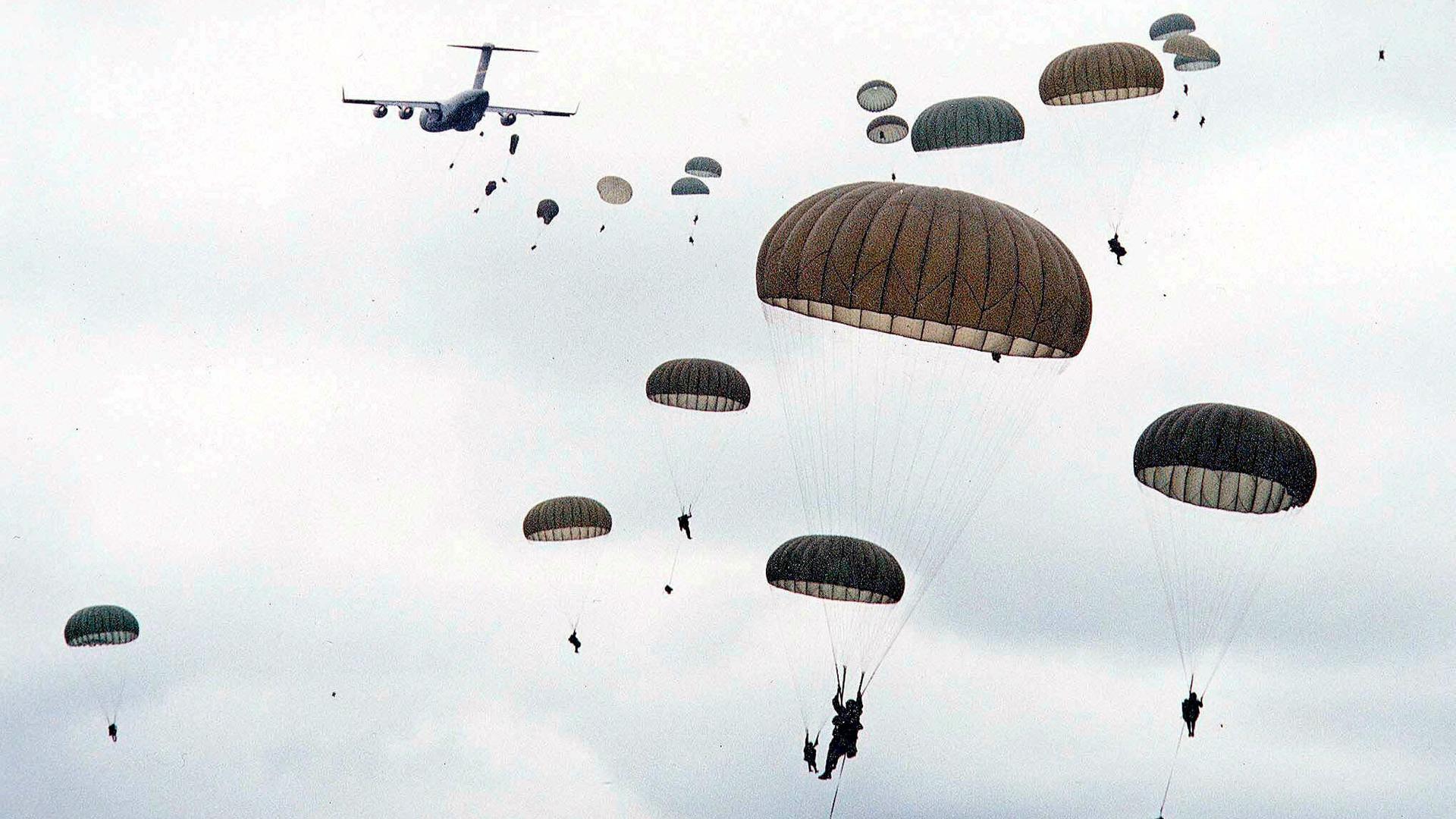Winning the peace
This analysis was featured in Critical State, a weekly foreign policy newsletter from Inkstick Media. Subscribe here.
Ukraine is locked in a war it did not choose with Russia in order to preserve its national sovereignty. But a new paper makes the case that, long before that war began, Ukraine was trying to assert its independence internationally: not with war, but through peacekeeping.
Writing in Foreign Policy Analysis, Madalina Dobrescu argues “that states’ contributions to peace operations can be related to attempts at acquiring a positive identity in the international arena through membership in highly ranked groups.”
Dobrescu focuses on Ukraine in particular because “Ukraine’s significant peacekeeping engagement in the first two decades following independence represents an intriguing case of an emerging state positioning itself in the international and regional systems, which makes it a relevant case study to explore.”
“Ukraine became independent in an international system that initially discouraged its emergence as a new state and subsequently questioned its permanence as a new international actor,” Dobrescu explains.
“Therefore, the main preoccupation of Ukraine’s foreign policy in the years following independence” was to define and assert its sovereignty. “Specifically, Ukraine sought to pursue this goal through a two-fold strategy: gaining recognition for its newly acquired independent status and achieving separateness from Russia…Thus, Ukraine’s first foreign policy doctrine stated that the young country attached ‘primary importance to the peacekeeping activities of UN bodies,’ which it regarded as ‘increasing the role and influence of the Ukrainian state in the world.’” Per Dobrescu, Ukrainian decisionmakers in the early 1990s saw UN peacekeeping contributions as a way for Ukraine to bolster its self-image both internally and externally.
That is not to say that this has been without challenges.
As Dobrescu writes, “it is precisely the reference to Ukraine’s national identity and its unsettled nature, oscillating between — and trying to reconcile — east and west, that has rendered NATO and US-led multinational operations highly controversial among domestic elites and the public.” However, a reader might note that both are decidedly less controversial now that the country is engulfed in all-out war with Russia.
Dobrescu acknowledges that peacekeeping participation wasn’t Ukraine’s only or even main method for building such status, “nor was achieving status the exclusive motivation for engaging in peacekeeping.”
Still, she concludes, “This article has sought to show that states engage in peacekeeping for reputational reasons not merely because ‘status matters,’ but in order to achieve a positive social identity in the international system.”
Dobrescu observes something else, too: “the potential for peacekeeping policies to disrupt the international order and change the status hierarchy is an important finding and should be explored further, as it goes against the common understanding of peacekeeping as supporting the status quo.”
Ukraine wasn’t just helping to keep the peace. It was changing it.
Critical State is your weekly fix of foreign policy analysis from the staff at Inkstick Media. Subscribe here.
